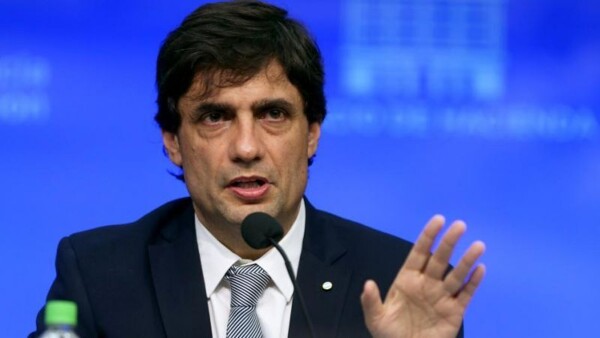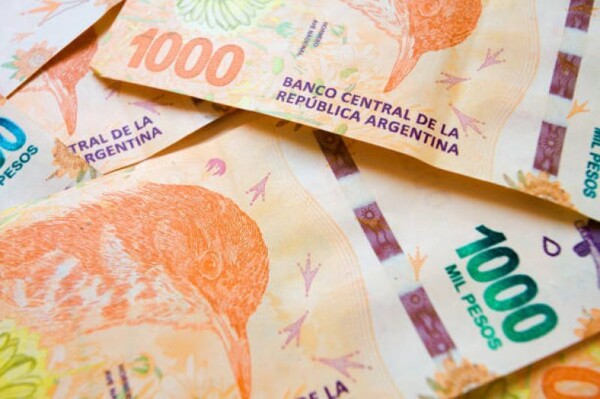
According to economist Daniel Artana, there is a decline in real wages compared to previous moments, despite the recovery experienced. Artana suggests the possibility that the economy could function even with a currency lag, indicating that the Government could obtain more dollars through an agreement with the International Monetary Fund before the elections.
Artana emphasizes that the Argentine economy will continue to have a strong peso in the near future, which may impact the currency lag and increase spending on tourism. Although he points out that the Government could have the necessary dollars to maintain the exchange rate stable until after the elections, he warns about possible collateral damages in some sectors.
The economist stresses the importance of the Government paying attention to a key factor to avoid a dollar increase, ensuring that it currently has the necessary dollars to support the exchange rate. Artana dismisses an imminent devaluation, pointing out the difference between having enough dollars and a possible devaluation.
Regarding the exchange rate pace, Artana questions the reduction to 1% and warns about potential devaluation expectations that may arise towards the end of the year. Regarding the debate on currency lag, he emphasizes that it can be analyzed from various technical approaches and believes that the Argentine economy is in a period of strong peso.
Commenting on the recent adjustment to the crawling peg at 1%, Artana suggests that a less marked appreciation would have been more convenient for some sectors. He warns about possible damages in areas facing difficulties adapting to a more open economy, although he acknowledges that it may also contribute to the disinflation process.














